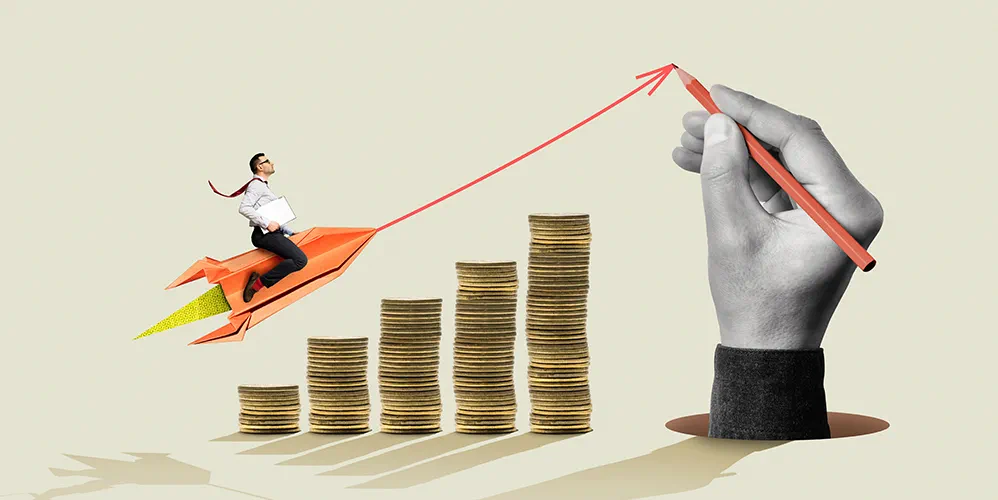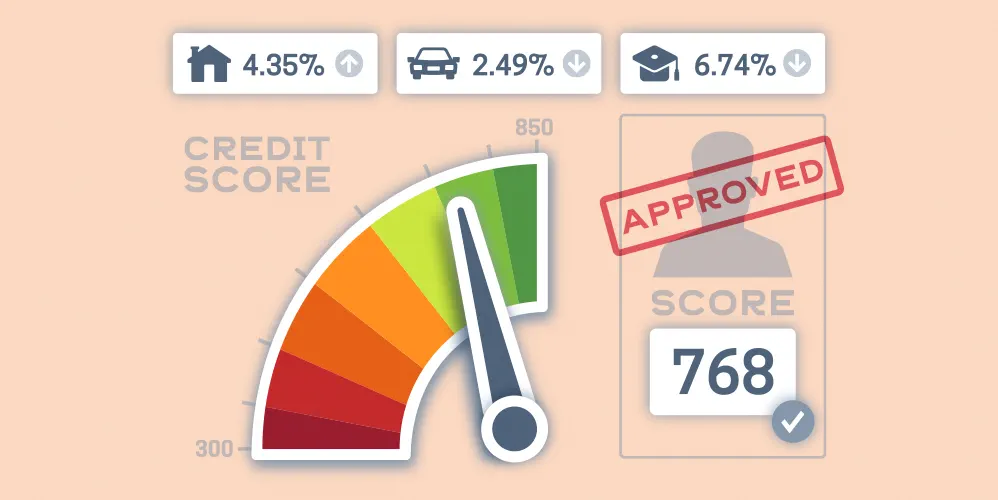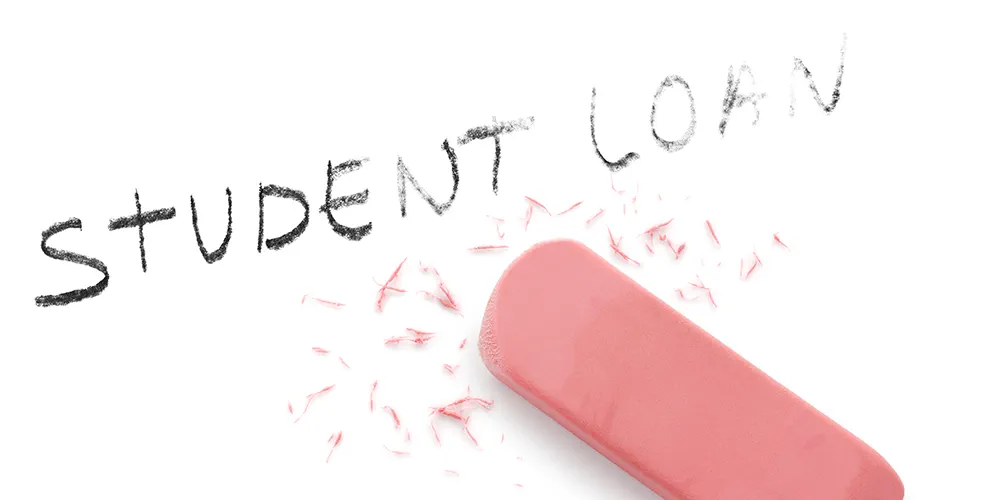
What are the Consequences of Missing A Home Loan EMI?
05 Jun 2023

Table of Content
A home loan can help you finance the purchase of your dream house. These loans are usually of a high value and, therefore, longer in tenure as well. Lenders typically sanction only 75% to 90% of the cost, and you are required to save enough to make a down payment of the remaining amount. You pay back the amount borrowed through a home loan EMI payment. For many individuals, procuring a home loan is the only way by which they can afford to buy a house. Home loans also provide significant tax benefits to the borrower. There are significant tax benefits of home loans for the borrower. For many individuals, Home Loan EMI pay-outs make most of their monthly earnings.
Loss of employment or any other financial emergency may see you miss a few payments on your home loan EMI. However, it is important to not panic in such situations and take proper steps to bring your payment strategy back on track.
What Are the Consequences of Missing a Home Loan EMI
There are two major consequences of missing your monthly home loan EMI payment. Firstly, your CIBIL score would go down for each month of default. Secondly, the subsequent month’s EMI payment will become quite expensive. Here is a look at the consequences in detail.
The Monetary Impact of Missing a Home Loan EMI Payment
For each missed EMI payment, you will be required to pay late fees, penalties, and penal interest. The penalties are usually 1% to 2% on the overdue amount. You might even have to pay penal interest. The penal interest is charged over and above the regular interest in your home loan. This increases the interest pay-out significantly. You will have to pay the missed EMI amount as well. As a result, your upcoming EMI will become quite expensive and harder to manage. You typically get a grace period to pay off your dues, after which your loan is classified as an NPA (Non-Performing Asset). Once your loan has been classified as an NPA, the lender has a legal right under the framework of the SARFAESI Act of 2002 to auction your property or collateral to recover their dues.
The Impact on Your CIBIL score
Your CIBIL score undergoes considerable damage when you miss your home loan EMI payments. CIBIL score Your goes down by 50 to 70 points for each EMI payment that you miss. If you have a CIBIL score of 750 and miss out on two of your home loan EMI payments, your score drops down to anywhere between 610 to 650 points. This takes away your status as a responsible debtor. A lower CIBIL score makes it harder to procure loans in the future and increases the interest rate that you get charged by lenders. A drop in your CIBIL score can also make you ineligible for credit in the future.
How do You Get Back on Track After Missing a Home Loan EMI Payment?
If your defaults have not crossed the grace period provided by the lender, you can get back on track with ease.
What do You do to Get Back on Track Before Your Dues Cross The 90-day Period?
If your dues have not crossed the grace period, you can follow the steps listed below to get your EMI payments back on track.
Step 1
Contact your lender as soon as you realise that you will not be able to make the upcoming EMI payment.
Step 2
Make a budget and stick to it. Once you have contacted the lender about your issue with repayment, the next step is taking their response into account and drawing up a budget accordingly. Account for your monthly expenses and income. This practice will help you identify the areas where you are spending extra and assist you in meeting your EMI obligations.
Step 3
Cut down on your expenses. After creating a detailed account of your monthly cash inflow and outflow, you shall be able to judge which of your expenses can be reduced. It is better to stay away from buying luxuries and spending extra on your wants rather than your needs until your finances are back on track.
Points to Consider
- Many loan providers in the market today understand the uncertainties of life and often advise you to take a loan insurance policy. These policies offer to cover your home loan EMI for up to three months if you default due to loss of employment. However, it is important to keep in mind that this is only applicable in the case of a lay-off or health reasons. The insurer will not cover your home loan EMIs if you are fired due to poor performance.
- Lenders usually give you a notice after you have missed EMI payments. If the default continues and stretches for more than 90 days and consequently your account has been classified as NPA, the lender has the legal right to auction your house in order to recover the money. However, you still have a chance to save your house after that. All you need to do is clear your dues before the auction process begins. Do keep in mind that you would have to pay the lender the expense related to initiation of recovery process as well.
- Taking the legal route and auctioning your property is quite a tedious task even for the lender. Thus, it is used as the very last resort for recovering NPA. Creditors prefer to follow up with the debtor and provide as much support as they can to help clear the dues.
Conclusion
Before taking on home loan debt, you need to understand your finances and formulate a strategy on how to pay home loan EMI. Missing a home loan EMI payment can lead to significant financial damage. Thus, it is better to do calculate your home loan EMI before you start the application process. You can use an online home loan EMI calculator to help you with this calculation. Knowing how much you will have to pay each month will help you avoid defaulting on your repayments. On the other hand, if you are unable to pay the EMI due to a sudden emergency like a job loss, it is recommended that you contact your lender as soon as possible and be completely transparent about the issue with them. They will discuss all possible alternatives to help you get your payments back on track.
Popular Articles
Tag Clouds
Related Articles







Guide to Getting Agriculture Loan: Application, Eligibility & Required Documents



-
Disclaimer
The contents of this article/infographic/picture/video are meant solely for information purposes and do not necessarily reflect the views of Bank of Baroda. The contents are generic in nature and for informational purposes only. It is not a substitute for specific advice in your own circumstances. Bank of Baroda and/ or its Affiliates and its subsidiaries make no representation as to the accuracy; completeness or reliability of any information contained herein or otherwise provided and hereby disclaim any liability with regard to the same. The information is subject to updation, completion, revision, verification and amendment and the same may change materially. The information is not intended for distribution or use by any person in any jurisdiction where such distribution or use would be contrary to law or regulation or would subject Bank of Baroda or its affiliates to any licensing or registration requirements. Bank of Baroda shall not be responsible for any direct/indirect loss or liability incurred by the reader for taking any financial decisions based on the contents and information mentioned. Please consult your financial advisor before making any financial decision.
Types of Agriculture Loans and Financing Options
Agriculture is the backbone of India's economy, employing a significant portion of the population and contributing to the nation's overall growth. In order to support farmers and enhance agricultural practices, financial institutions in India offer a range of Agriculture Loans tailored to meet the diverse needs of farmers and agribusinesses. These loans play a crucial role in providing financial assistance, empowering farmers to invest in modern equipment, improve infrastructure, and increase productivity. In this article, we will delve into the different types of agriculture loans and explore their features and benefits.
What is The Best Age to go For a Home Loan?
Buying a home is a dream for every individual across the globe. The only problem is affordability. Buying a house needs to fit the budget. One’s dreams need to be realistic to achieve it.


Leave a Comment
Thanks for submitting your details.